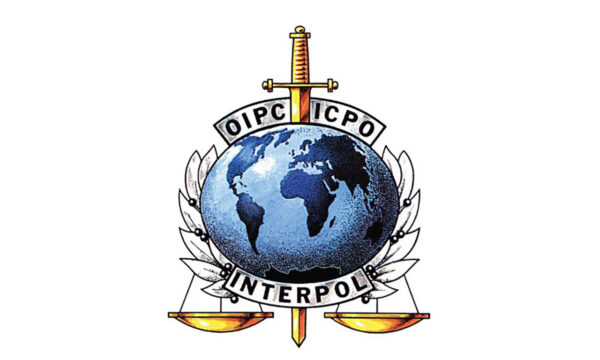OFAC sanctions programmes overview

The Office of Foreign Assets Control (OFAC) administers and enforces economic and trade sanctions to protect national security and foreign policy interests. These sanctions target individuals, entities, and countries involved in activities deemed a threat to U.S. interests. The restrictions can cover financial transactions, asset freezes, and trade bans, impacting both businesses and individuals. Compliance with OFAC sanctions is essential to avoid penalties, legal consequences, and reputational damage.
What are OFAC sanctions?
OFAC sanctions are economic measures imposed to combat terrorism, money laundering, human rights violations, and other illicit activities. These restrictions can limit trade, financial transactions, and travel, preventing targeted individuals and entities from accessing U.S. financial systems.
OFAC sanctions
One key focus is Syria sanctions, which are intended to address illicit activities and human rights concerns. However, sanctions can also impact trade and financial transactions within the country.
These sanctions restrict financial dealings and prohibit U.S. entities from conducting business with designated persons or organisations. Countries and individuals under sanctions may find it difficult to engage in international trade, access banking services, or legally transfer funds.
Sanctions are dynamic and frequently updated to reflect geopolitical developments. New individuals and entities are regularly added to the Specially Designated Nationals (SDN) list, which identifies those prohibited from engaging in U.S. financial transactions.
OFAC Iran sanctions
Sanctions against Iran are among the most extensive programmes enforced by OFAC.
They target the country’s financial, energy, and defence sectors as part of efforts to curb activities the U.S. considers destabilising. Non-compliance with these sanctions can lead to severe fines, asset freezes, and even criminal prosecution.
Legal experts like Anatoly Yarovyi provide guidance on compliance and defence strategies for businesses and individuals facing restrictions. Understanding these laws is essential for anyone dealing with Iranian markets, particularly as enforcement efforts continue to increase.
More details on Iran-related sanctions are available through the OFAC Treasury resource.
How to send money to or from Iran?
Due to financial restrictions, sending money to or from Iran requires careful planning. Sanctions limit banking options, making traditional transactions difficult. Most international banks refuse to process payments involving Iran, requiring alternative methods for money transfers.
Send money to or from Iran
Permitted transactions often require special licences or authorisation from OFAC. Common legal exceptions include humanitarian aid, family remittances, and specific trade agreements that have received government approval. Understanding the specific requirements can help avoid unintentional violations. For additional information, visit the OFAC FAQ section.
How can OFAC lawyers help someone who faces sanctions?
Facing sanctions can be overwhelming, but legal experts can help navigate the process. OFAC lawyers provide essential services such as:
- Reviewing compliance procedures to ensure businesses follow regulations.
- Challenging sanctions designations that may be applied unfairly.
- Applying for OFAC licences and exemptions that allow legal financial transactions.
- Representing clients in negotiations with government agencies to resolve disputes.
Seeking professional legal assistance ensures compliance with regulations and reduces the risks of severe penalties, including financial loss, frozen assets, or criminal charges.
How to choose the right sanctions lawyer?
Selecting a qualified sanctions lawyer is crucial for dealing with OFAC-related legal issues. When choosing legal counsel, consider the following factors:
- Experience with OFAC cases – A lawyer familiar with U.S. sanctions laws will provide better guidance.
- Knowledge of international trade laws – Understanding cross-border transactions is essential in cases involving global business operations.
- Successful track record in sanctions defence – A lawyer with a history of successful cases can offer effective representation.
- Ability to negotiate with government authorities – Skilled legal representation can result in penalties being reduced or lifted.
An experienced lawyer can provide strategic guidance and legal defence to protect businesses and individuals from sanctions-related consequences. Compliance is essential, and proactive legal support can help avoid costly legal battles or business disruptions.
The editorial unit

























Facebook
Twitter
Instagram
YouTube
RSS